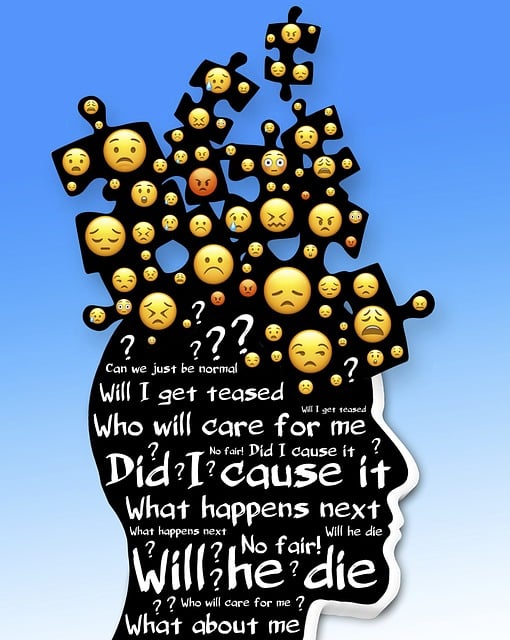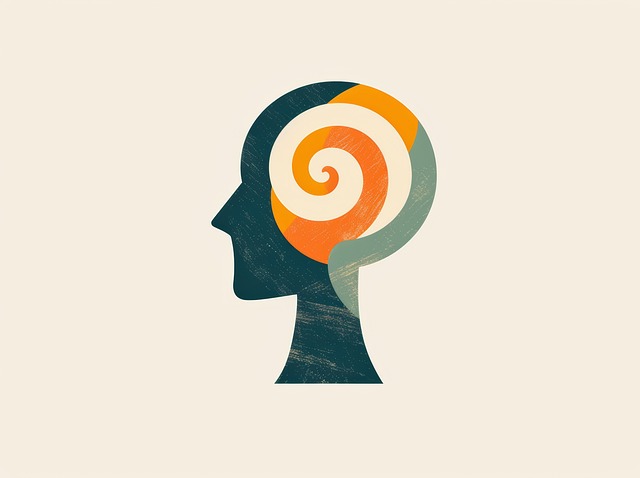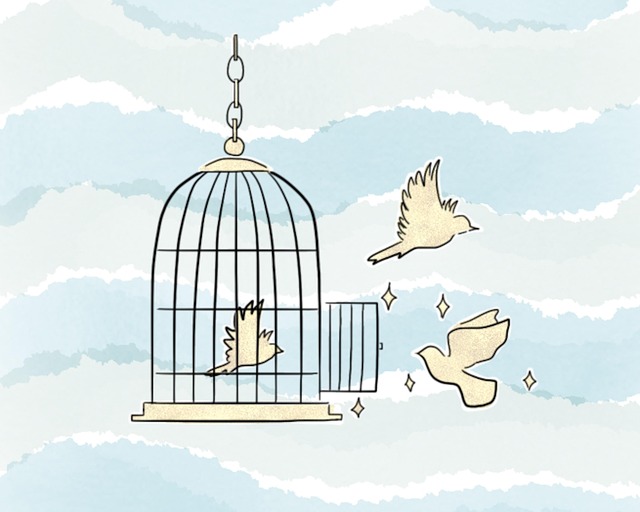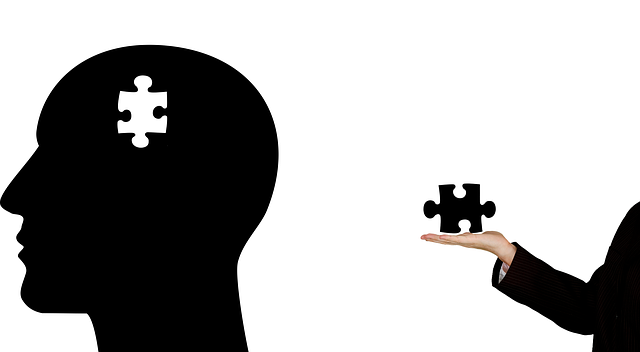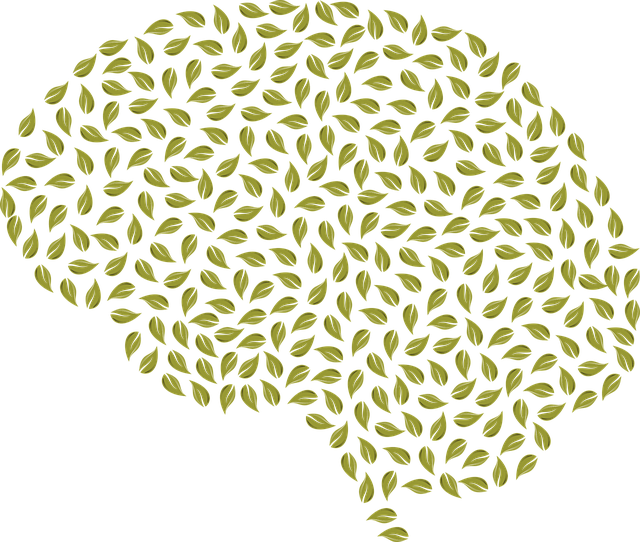Mental Health Crisis Hotlines (24/7) offer immediate assistance, confidential listening, and tailored guidance for emotional distress, catering to diverse needs. Specialized services like Therapy for Elders and Women's Issues address unique challenges, reducing stigma and promoting better mental wellness through non-judgmental support, educational coping strategies, and connections to local resources or specialized therapy.
Mental health crisis hotline support services are a vital resource for individuals facing severe emotional distress. This article delves into the critical role these hotlines play in providing targeted support, focusing on therapy for elders and women’s issues. We explore how to access these services and the crucial role of trained professionals in crisis intervention. Additionally, we discuss breaking the stigma associated with seeking mental health assistance through hotline usage, emphasizing their significance in promoting overall wellbeing.
- Understanding Mental Health Crisis Hotlines: A Vital Resource
- Targeted Support: Therapy for Elders and Women's Issues
- Accessing the Hotline: How to Reach Out for Help
- The Role of Trained Professionals in Crisis Intervention
- Breaking Stigma: Promoting Mental Wellbeing through Hotline Services
Understanding Mental Health Crisis Hotlines: A Vital Resource

Mental Health Crisis Hotlines are a vital resource for individuals experiencing acute emotional distress or mental health crises. These dedicated support services offer immediate assistance and guidance, often serving as the first point of contact for those in need. With a focus on accessibility, hotlines provide confidential and non-judgmental spaces where people can openly discuss their struggles, whether it’s anxiety relief, empathy building strategies, or emotional healing processes. They are designed to be easy to reach, typically via phone or online chat, 24/7, ensuring support is available whenever a crisis arises, catering specifically to the needs of diverse populations including women and elders.
Crisis hotlines play a crucial role in preventing escalation, de-escalating situations, and connecting individuals with appropriate resources. Trained professionals on these lines offer active listening, emotional support, and practical advice tailored to the caller’s specific situation. This immediate intervention can be life-saving, helping people navigate their crises and find pathways to long-term mental health solutions, including therapy options for elders and women facing unique challenges. By providing a safe space to talk, these services foster a sense of understanding, build resilience, and empower individuals to take the first step towards recovery and improved well-being.
Targeted Support: Therapy for Elders and Women's Issues

Many mental health hotline services specialize in targeted support tailored to specific demographics. One such area is therapy for elders, addressing the unique challenges faced by older adults, including loneliness, grief, and age-related mental health concerns. These specialized hotlines provide a safe space for seniors to discuss their feelings and connect with trained professionals who understand the complexities of aging.
Additionally, services focused on women’s issues are vital, acknowledging the distinct psychological needs and experiences of women. Hotlines catering to women’s mental health often delve into topics such as gender-specific trauma, reproductive health concerns, and the intersection of motherhood and mental illness. Through these dedicated resources, women can access support that considers societal mental illness stigma reduction efforts and promotes open dialogue about female-centric psychological challenges, fostering better mood management and overall mental wellness.
Accessing the Hotline: How to Reach Out for Help

Reaching out for help is a crucial step towards overcoming mental health challenges, and crisis hotline services play a vital role in providing immediate support. These hotlines are easily accessible and designed to offer confidential conversations with trained professionals. Whether it’s an elder seeking therapy or a woman facing unique womens issues, these services cater to diverse needs.
To access the hotline, one simple step is to dial the dedicated number. Many organizations operate 24/7 hotlines, ensuring round-the-clock support. During the call, individuals can expect a warm reception and non-judgmental listening. The professionals on the other line are equipped to provide immediate emotional regulation techniques, offer guidance, and connect callers to relevant resources, including local support groups or specialized therapy services for inner strength development. Additionally, these hotlines often have specific lines for older adults and women, tailored to address their unique challenges while actively contributing to mental illness stigma reduction efforts.
The Role of Trained Professionals in Crisis Intervention

When faced with a mental health crisis, the presence and expertise of trained professionals can be invaluable. These specialists are equipped to provide immediate intervention, offering a safe space for individuals to express their distress. With a deep understanding of various mental health conditions, they employ effective crisis intervention techniques tailored to unique needs. For instance, when assisting seniors or women facing specific challenges, these professionals adapt their approach, considering the cultural and demographic nuances that shape their experiences.
The role of trained individuals extends beyond immediate support; they also educate individuals on essential coping strategies, such as stress management techniques and conflict resolution skills. By empowering people with tools to navigate difficult situations, these professionals foster resilience. Moreover, healthcare providers catering to this sector can benefit from burnout prevention strategies, ensuring they remain equipped to offer consistent, compassionate care over time, especially when addressing pressing issues like women’s mental health concerns or managing the stress often experienced by elders in crisis.
Breaking Stigma: Promoting Mental Wellbeing through Hotline Services

In today’s fast-paced world, mental health crises are all too common, affecting individuals from all walks of life, including elders and women who often face unique challenges. Stigma surrounding mental illness remains a significant barrier to seeking help. Hotline support services play a pivotal role in breaking down these barriers by providing accessible, confidential, and non-judgmental spaces for individuals to share their struggles. These services offer immediate therapy and emotional support, which can be life-saving, especially for those experiencing burnout or trauma.
By promoting mental health awareness and normalizing conversations around sensitive topics like women’s issues, hotline services foster a sense of community and understanding. They empower individuals to take the first step towards healing by offering practical solutions and resources. Whether it’s providing guidance on local therapy options for elders or connecting women with specialized trauma support services, these hotlines are vital tools in ensuring everyone has access to the care they need to navigate life’s challenges and thrive.
Mental health crisis hotline support services play a pivotal role in breaking down barriers and promoting mental wellbeing, especially for vulnerable groups like elders and women facing specific issues. By providing targeted therapy and crisis intervention, these hotlines ensure that everyone has access to immediate assistance. Trained professionals are instrumental in offering compassionate and effective solutions, thereby fostering a culture of care and support. In light of the above sections, it’s clear that mental health crisis hotline services are game-changers, revolutionizing the way we address and support those in need.
